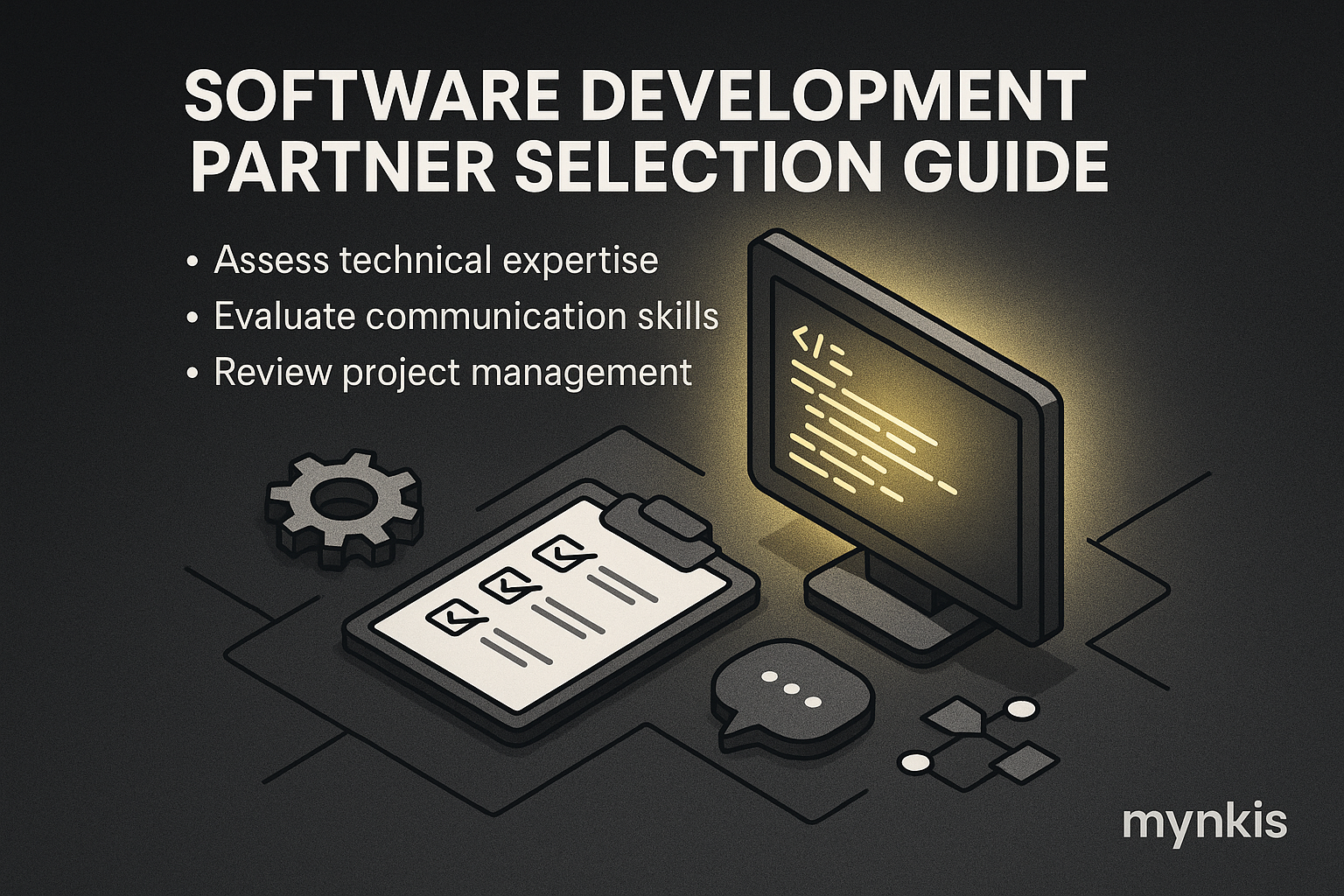Schedule a Demo
Before embarking on the journey of selecting a software development company, you must have a crystal-clear understanding of your project's needs. Are you developing internal tools to streamline operations, or is your focus on crafting a customer-facing portal that engages and converts? I've often found that clarity at this stage significantly aids in determining the best path forward.
When evaluating potential partners, a deep dive into their technical expertise is essential. Look for a company that not only lists technologies they're familiar with but also provides evidence of how they've used them to solve real-world problems. In my work with operations managers, I've seen how crucial it is to ensure their development team has the necessary skills for your custom software development needs.
A robust portfolio can speak volumes about a company's ability to deliver on enterprise web solutions. Seek out case studies that showcase projects similar to yours in scope and industry. For instance, if you're in healthcare, a development company's experience in creating HIPAA-compliant systems could be a game-changer for your project.
Testimonials and references offer a window into the client experience. They are often the best measure of reliability and customer satisfaction. As Forrester Research suggests, satisfied clients are more likely to share their positive experiences than dissatisfied ones, so thorough vetting here is worth your time.
Seamless communication and effective collaboration lie at the heart of any successful software project. I've learned that the best companies set up clear channels for regular updates, feedback loops, and agile methodologies that allow for adaptability throughout the development process.
Your chosen partner should be able to scale their resources to meet your project's growth or pivot as business requirements evolve. For instance, Amazon's development approach showcases how scalability can be integrated into software architecture from the outset, a principle worth considering.
In an era where data breaches can incur significant damages, ensuring your software development partner prioritizes security and compliance is non-negotiable. They should have a solid track record in adhering to regulations like GDPR or HIPAA, depending on your industry, to mitigate risks effectively.
Post-launch support is crucial for the longevity and optimization of your software. A reliable development firm won't just hand over the keys and disappear. Instead, they'll offer maintenance plans, updates, and resources to keep your software performing at its best based on available research, where individual results may vary.
Every project has budgetary constraints, and understanding the full scope of what a development partner can offer within those constraints is key. A detailed breakdown of costs should be transparent, with no hidden fees, allowing you to make an informed financial decision.
A cultural alignment can be the difference between a satisfactory project outcome and an outstanding one. Engage with the company to gauge if their values resonate with yours, as this can affect day-to-day working relationships and project outcomes.
Agile, Waterfall, or a hybrid approach? The methodology a company uses can impact your project's timeline and flexibility. Companies like Microsoft swear by agile methodologies for their ability to adapt rapidly to market needs, highlighting the importance of this decision.
The speed with which your software can be developed and deployed to market can be a competitive advantage. Your chosen partner should offer a realistic timeline and have a history of meeting deadlines without sacrificing quality, a balance that Google highlights as key to successful product launches.
Lastly, in a rapidly evolving tech landscape, a partner that brings innovation and creativity to the table can help differentiate your software. Look for a company that is known for pushing boundaries and proposing novel solutions to common problems.
With these criteria in mind, the decision process should be methodical. Rank your potential partners based on how well they align with your project needs, technical capabilities, and company values. It may also be beneficial to conduct a pilot project to see how the partnership functions in practice before committing fully.
